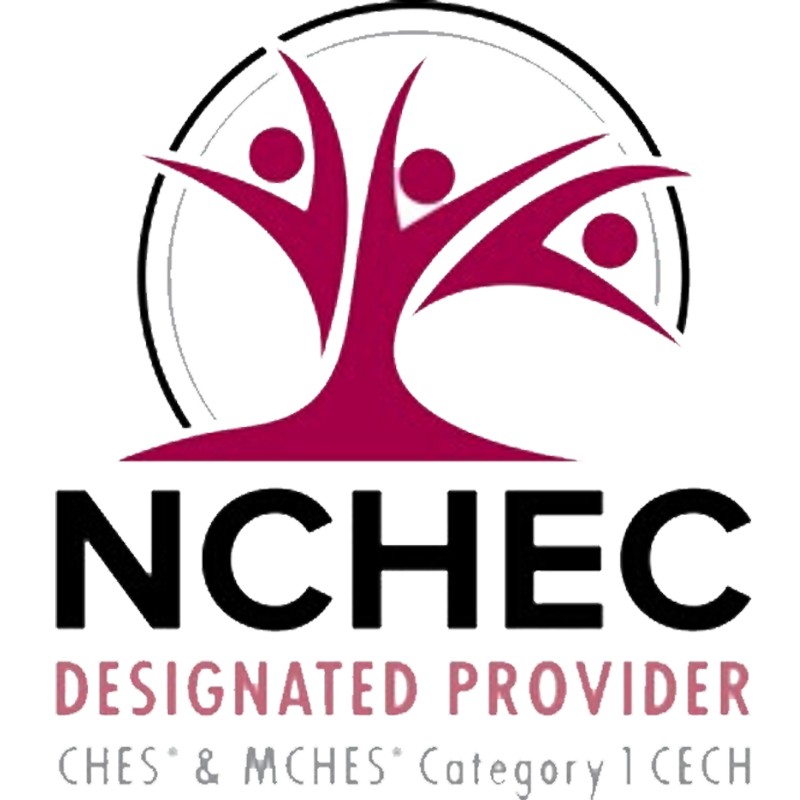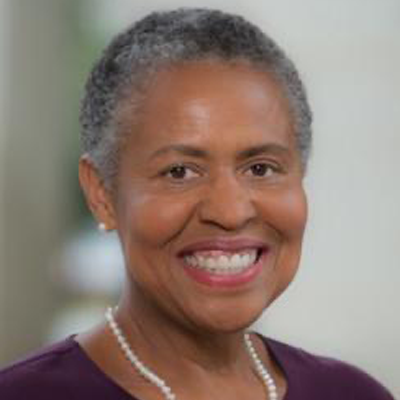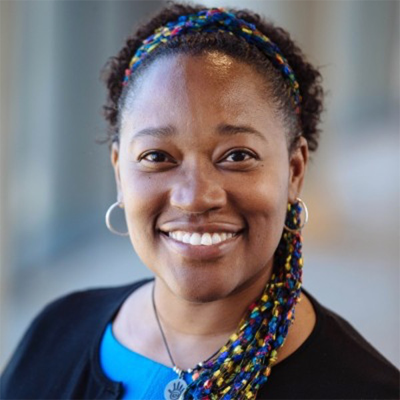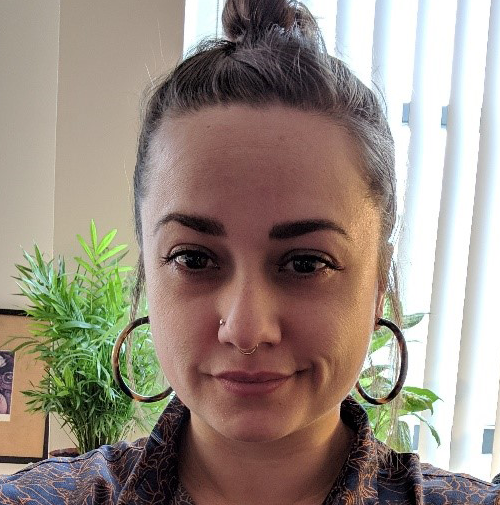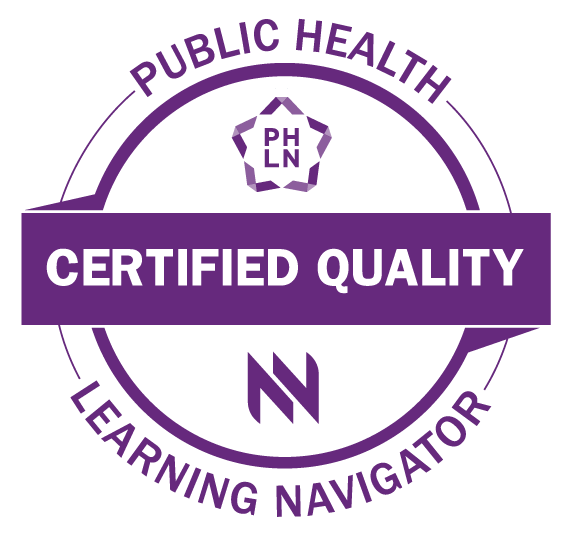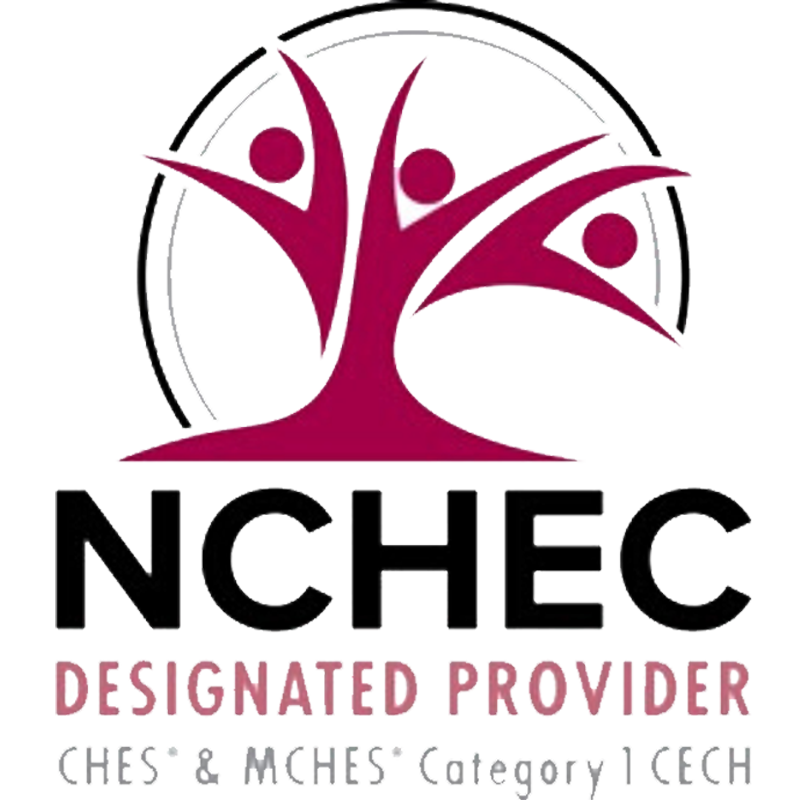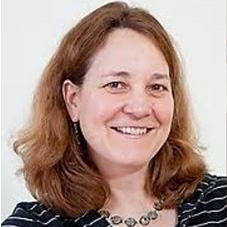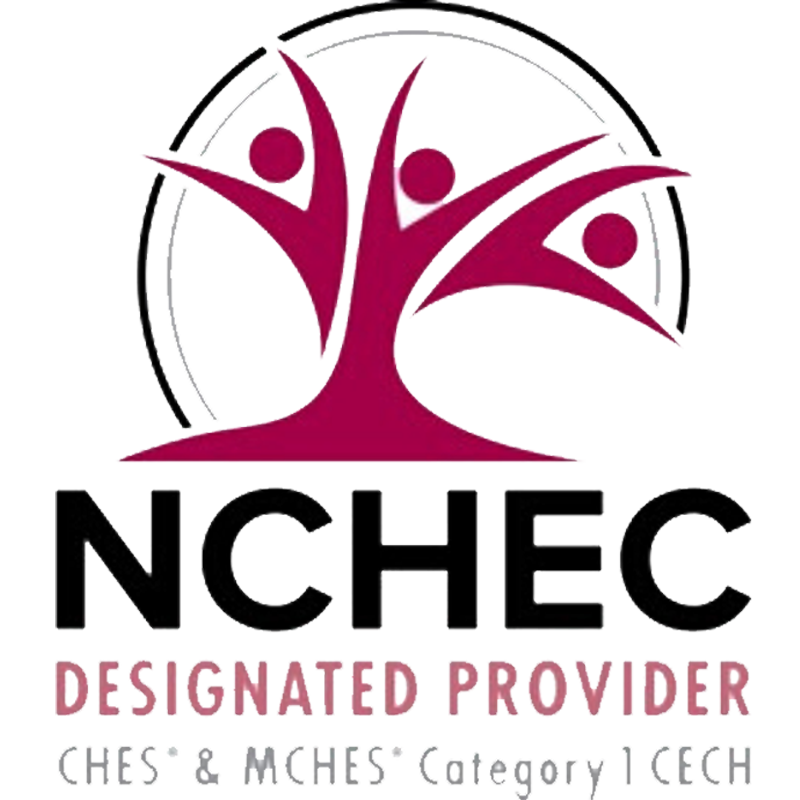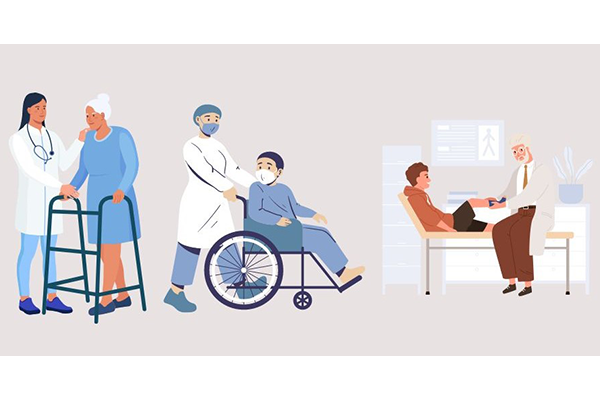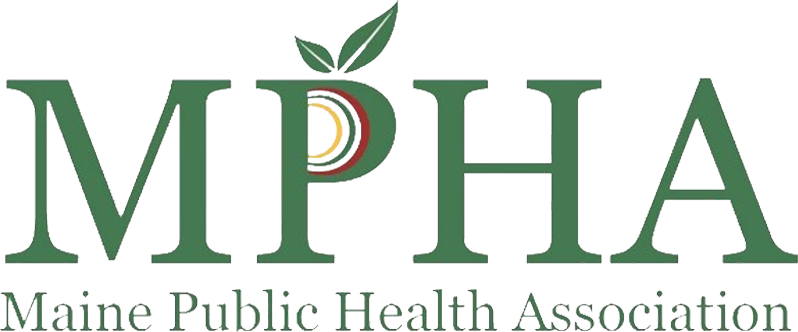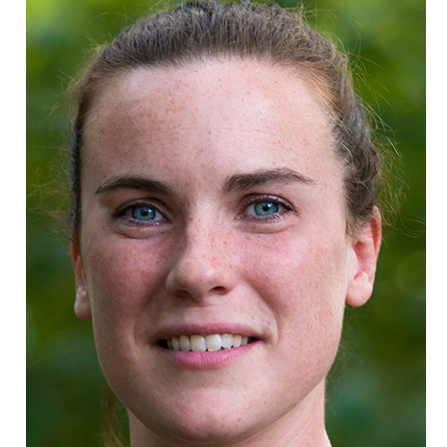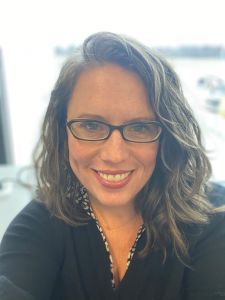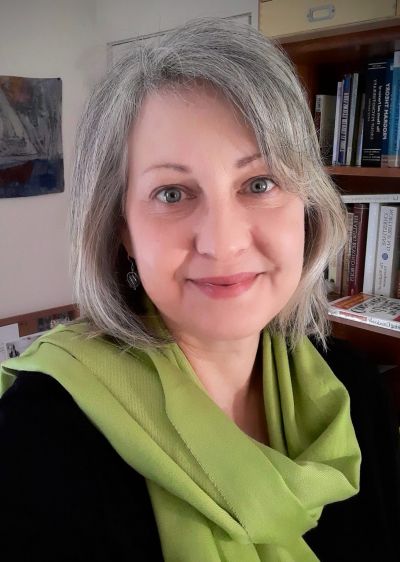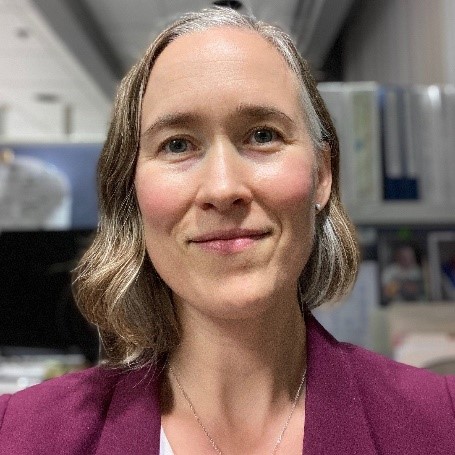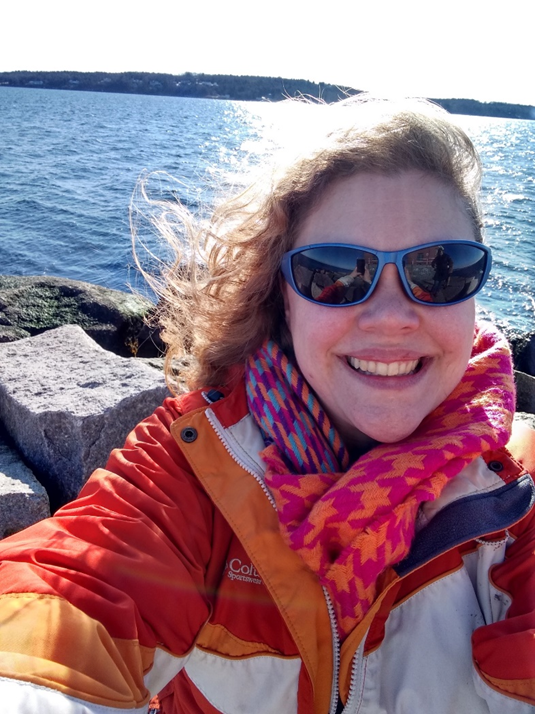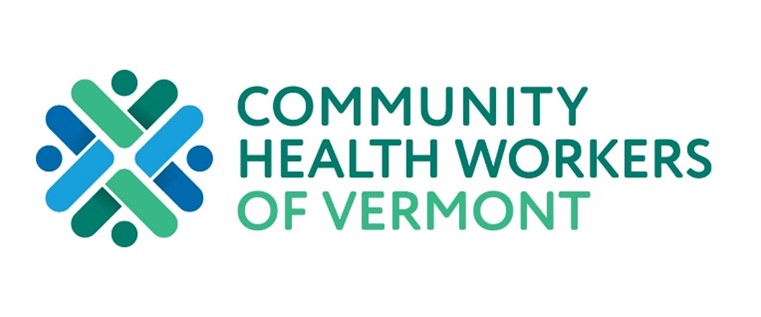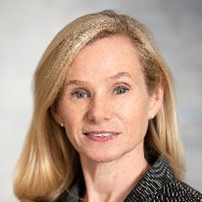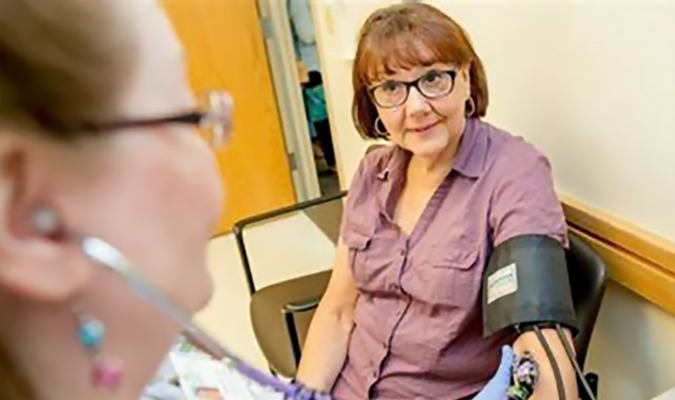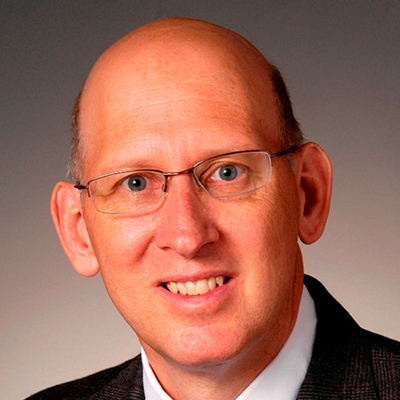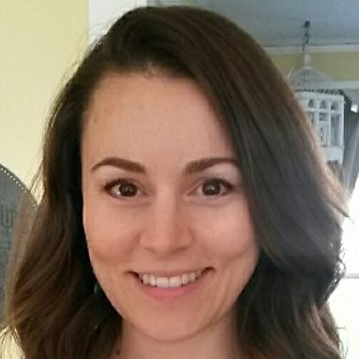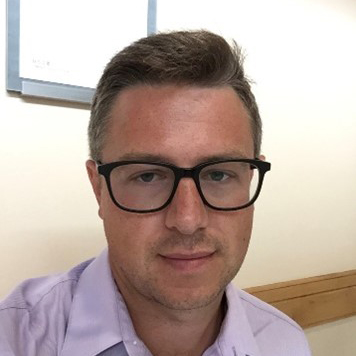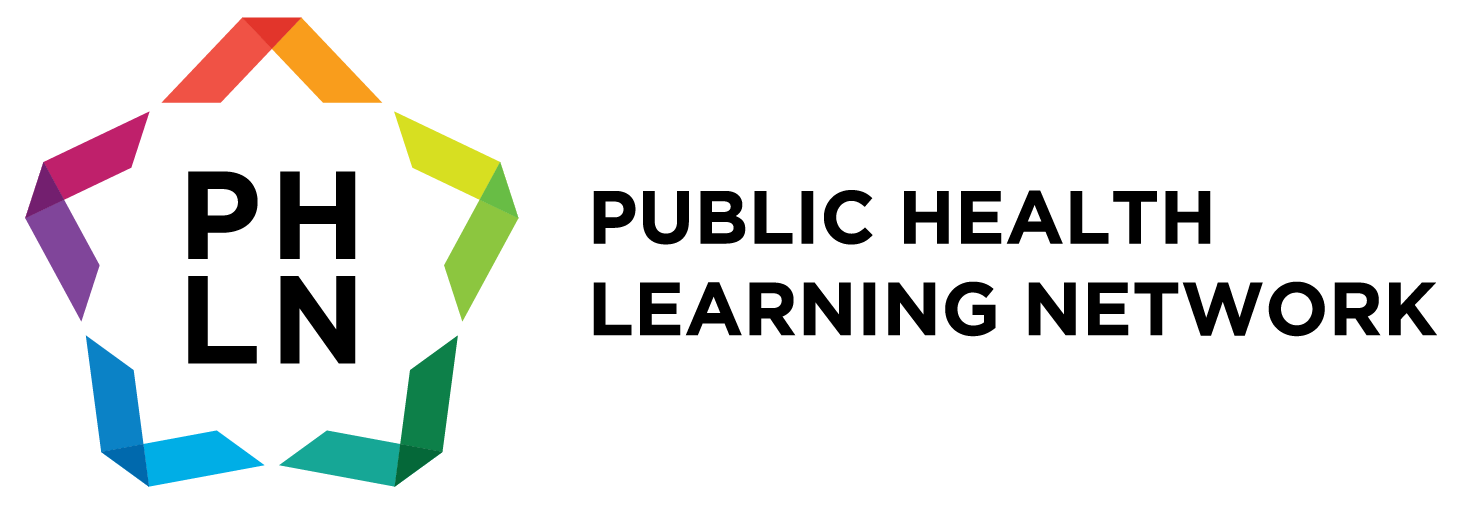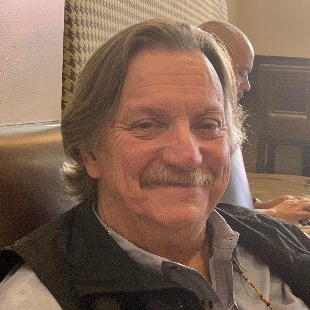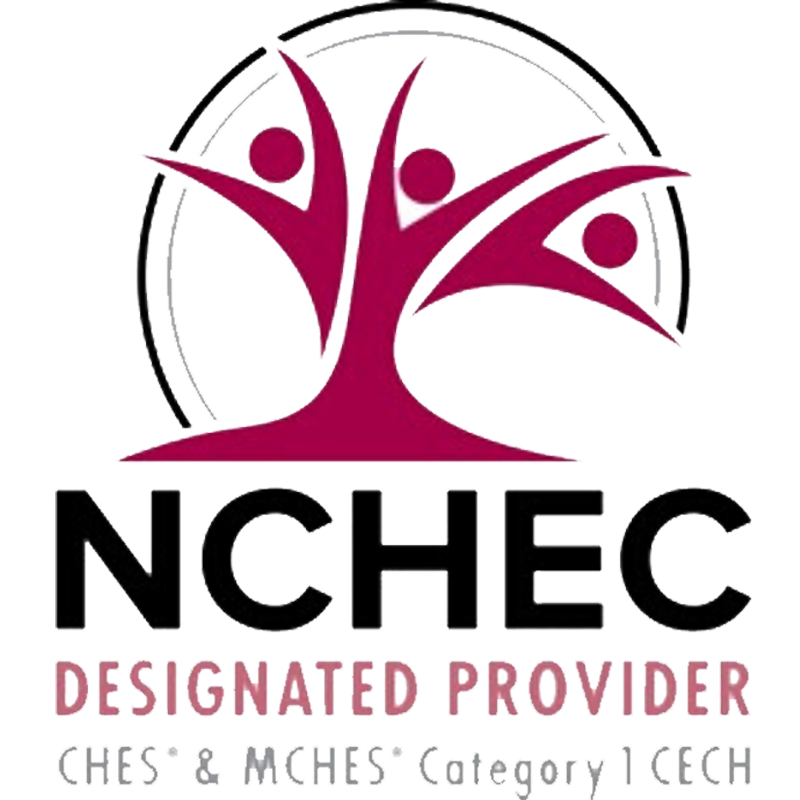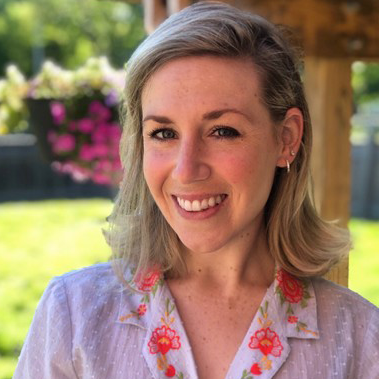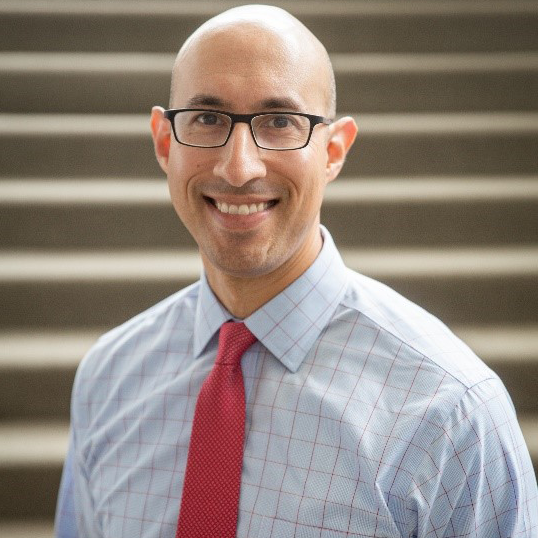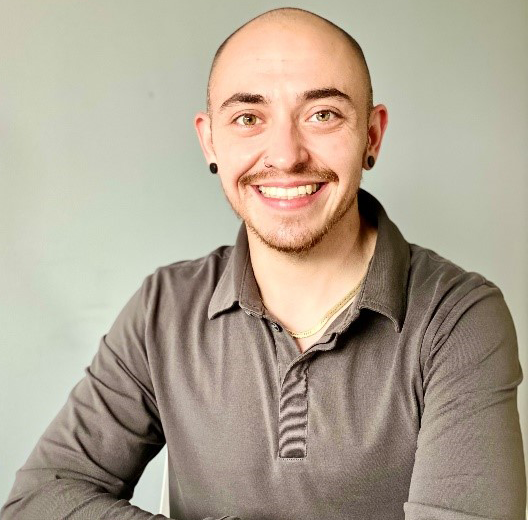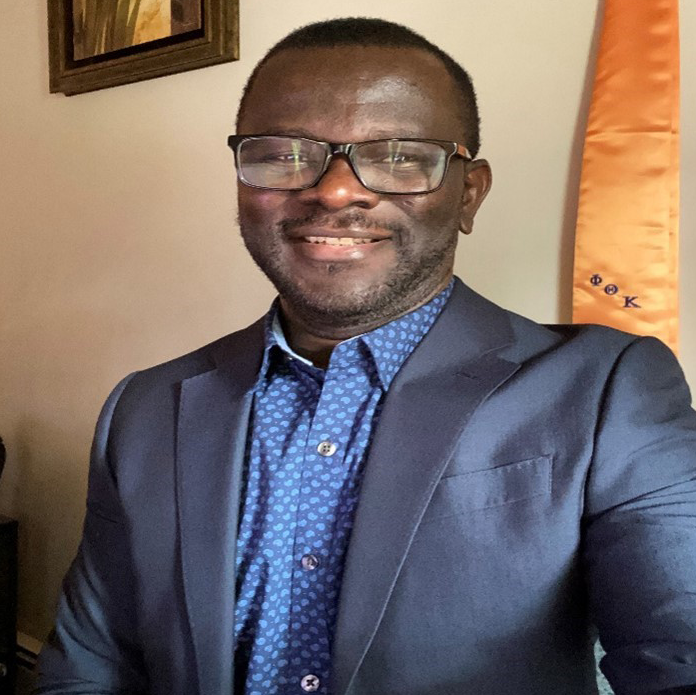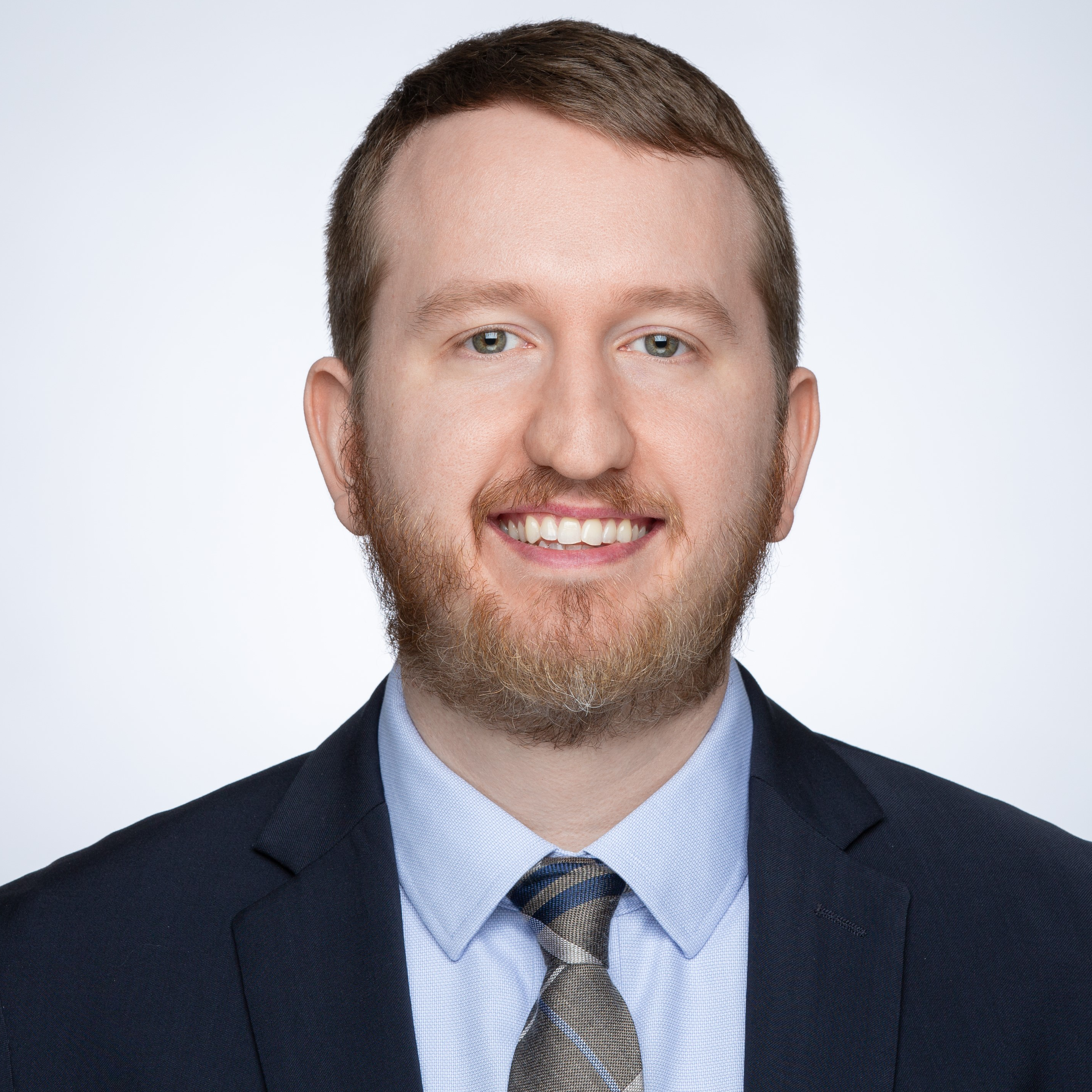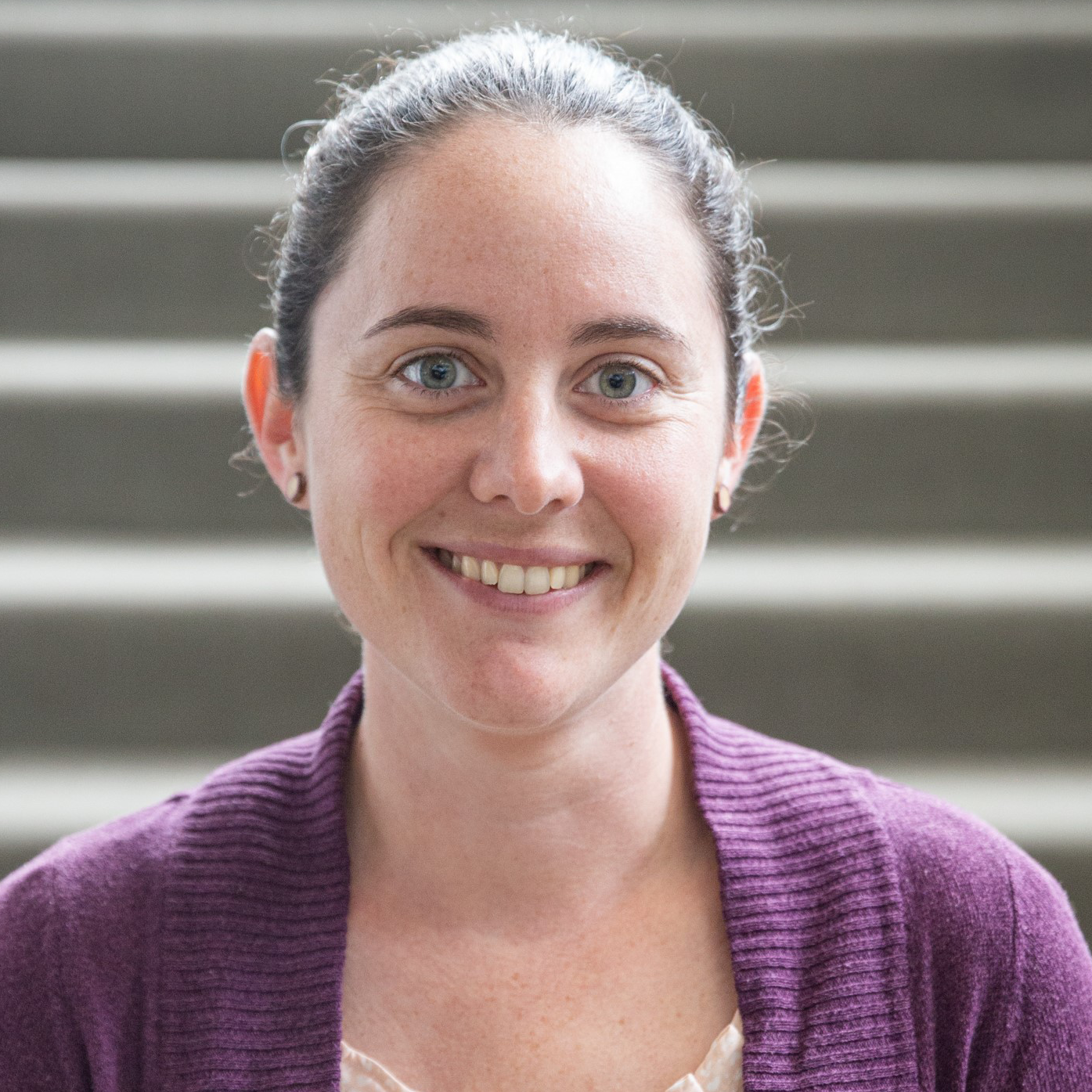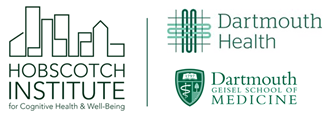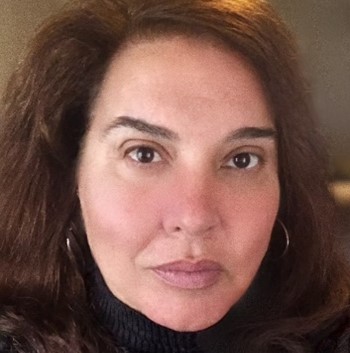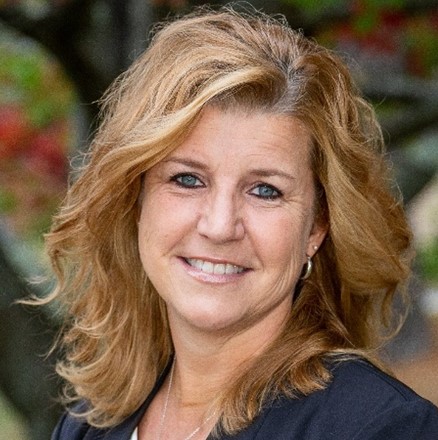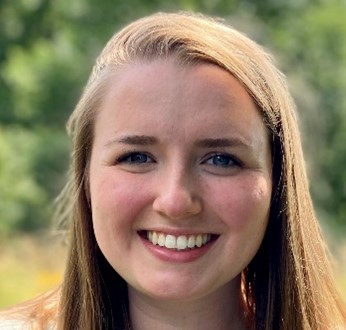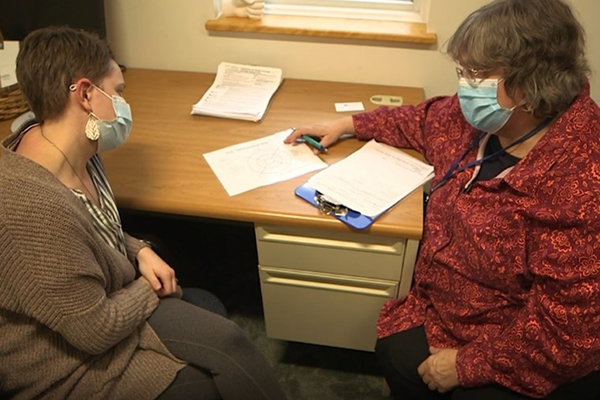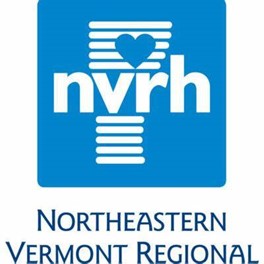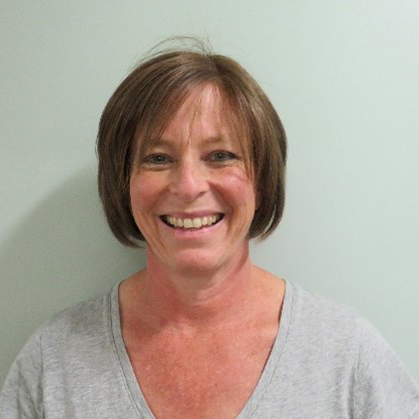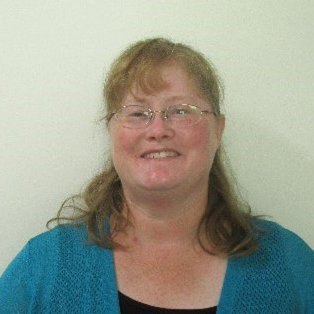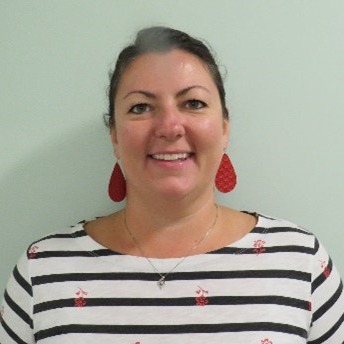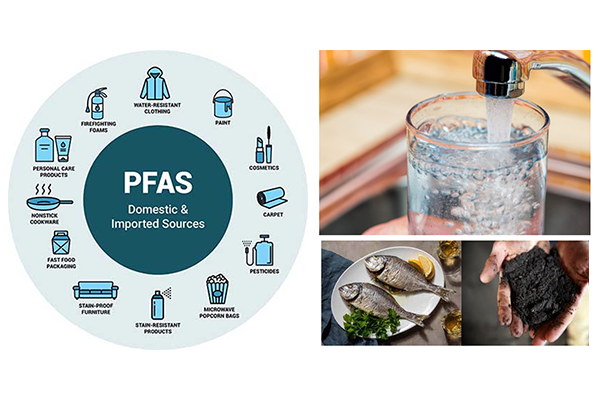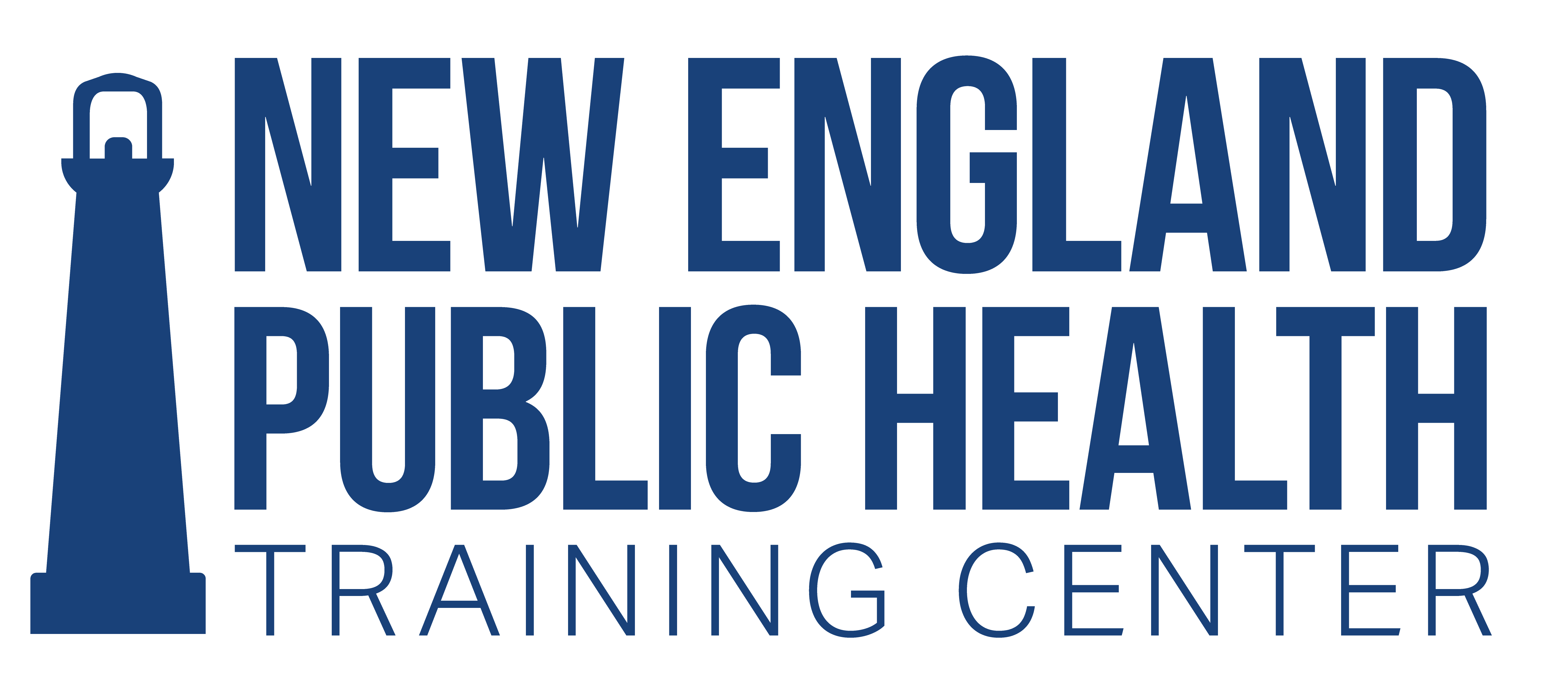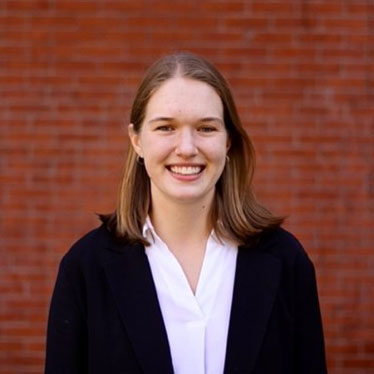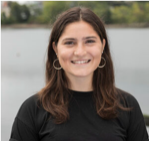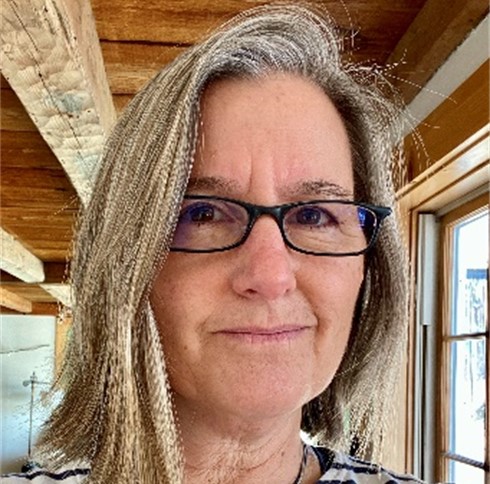
Course Information
- Audience: Public Health Professionals
- Format: Recorded Webinar
- Date/Time: Wednesday, September 20, 2023, 1:00 PM – 2:30 PM ET
- Price: Free
- Length: 1.5 hours
- Credential(s) eligible for contact hours: Sponsored by New England Public Health Training Center (NEPHTC), a designated provider of continuing education contact hours (CECH) in health education by the National Commission for Health Education Credentialing, Inc. This program is designated for Certified Health Education Specialists (CHES) and/or Master Certified Health Education Specialists (MCHES) to receive up to 1.5 total Category I continuing education contact hours. Maximum advanced-level continuing education contact hours are 0. Provider ID: 1131137 Event ID: PM1131137_10302023.
If you are not seeking CHES/MCHES contact hours, if you complete the post-test and evaluation, you will receive a Certificate of Completion. The Certificate will include the length of the course.
- Competencies: Policy Development and Program Planning Skills
- Learning Level: Awareness
- Companion Trainings: None
- Supplemental materials:None
- Pre-requisites: None
About this Recording
This program explored the challenges associated with obtaining data about marginalized and hard-to-reach populations. Which populations are “hidden” from existing public health statistics? What methods and techniques can help us fill these gaps so we can better identify and address the health needs of these populations moving forward?
What you'll learn
At the end of the recording, participants will be able to:
- List two challenges in identifying invisible populations
- Discuss how social networks and respondent driven sampling can reach populations that may otherwise be invisible
- Explain internal displacement and some of the health challenges faced by internally displaced persons
Subject Matter Experts

Scarlett Bellamy
Chair and Professor, Department of Biostatistics, Boston University School of Public Health
Louisa Yasukawa
Researcher, Internal Displacement Monitoring Center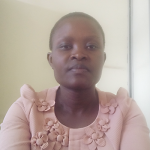
Renice A. Bunde
Assistant Manager, Governance, Peace and Security Statistics, Kenya National Bureau of Statistics
Forrest W. Crawford
Associate Professor of Biostatistics, Operations, and Ecology & Evolutionary Biology, Yale University
Paul Wesson
Assistant Professor, Epidemiology & Biostatistics, UCSF School of Medicine
Scarlett Bellamy will join the SPH community as Chair and Professor of Biostatistics on July 1st, 2023. Prior to her arrival at BU she was a professor in the Department of Epidemiology and Biostatistics and the Associate Dean for Diversity and Inclusion at Drexel University Dornsife School of Public Health. Before joining Drexel University in 2016, Bellamy spent 15 years at the University of Pennsylvania (UPenn) Perelman School of Medicine, where she was a professor of biostatistics. She holds a bachelor’s degree in mathematics from Hampton University, and completed her doctoral training in biostatistics at the Harvard University T.H. Chan School of Public Health. Much of Bellamy’s research centers on evaluating the efficacy of interventions in longitudinal behavioral modification trials, including cluster- and group-randomized trials. She is particularly interested in applying this methodology to address health disparities for a variety of clinical and behavioral outcomes, including HIV/AIDS, cardiovascular disease, and health-promoting behaviors. Bellamy previously served as the co-principal investigator of the Data Coordinating Center for the Prematurity and Respiratory Outcomes Program at UPenn, which aimed to improve respiratory outcomes during the first year of life after preterm birth. She was also PI of the Fostering Diversity in Biostatistics Workshop at the Eastern North American Region of the International Biometric Society (ENAR). This federally funded initiative aims to increase the number of underrepresented minorities in graduate training and professional careers in biostatistics. In 2016, Bellamy was elected a fellow of the American Statistical Association (ASA). The designation has been an honor for nearly 100 years, and under ASA bylaws, only one-third of one percent of the total association membership may be elected as fellows each year. In 2017, Bellamy served as the president of ENAR. She also currently serves as a statistical collaborator for the Center for Health Equity Research and Promotion at the Corporal Michael J. Crescenz Veterans Affairs Medical Center in Philadelphia.
Louisa is a Researcher at IDMC, where she focuses on the socioeconomic impacts of internal displacement. She currently leads IDMC’s research programmes on gender, children, youth and education, and people with disabilities. Louisa has lead research projects in various countries including Cameroon, Colombia, Kenya, Mali, Niger and Vanuatu, with the aim of informing humanitarian programming and planning on internal displacement. Louisa is a qualified lawyer from Australia and holds an MSc in Refugee and Forced Migration Studies from the University of Oxford. She has previously worked for the UNHCR in Ecuador and Colombia-based research and advocacy organisation, Dejusticia. Louisa speaks English and Spanish.
Renice Akinyi Bunde works with Kenya National Bureau of Statistics as an Assistant Manager in Governance, Peace and Security Statistics where she handles statistics on human rights for the vulnerable population especially persons with disability, forcibly displaced, women and girls, children, street families and the elderly. She also handles statistics on crime, social protection, participation in decision making among others. She is a champion for inclusive data. Renice holds both Master and Bachelor’s Degree in Applied Statistics from Maseno University.
Forrest W. Crawford is an Associate Professor of Biostatistics, Statistics & Data Science, Operations, and Ecology & Evolutionary Biology at Yale University. He is affiliated with the Center for Interdisciplinary Research on AIDS, the Institute for Network Science, the Computational Biology and Bioinformatics Program, and the Public Health Modeling Concentration. His work develops and applies solutions in AI/ML, data science, causal inference, network science, and other methodological domains to solve difficult inferential problems in epidemiology, public health, and social science.
Paul Wesson, PhD is an epidemiologist focused on quantifying the health burdens of (and disparities related to) hard-to-reach and socially marginalized populations, particularly as they relate to infectious diseases. His research expertise includes developing and using data driven methods for sampling hard-to-reach and “hidden” populations, population size estimation methods, and using advanced epidemiologic and statistical techniques to study the social determinants of health. Dr. Wesson am particularly interested in the social determinants of infectious disease risk. He sees his research as existing at the nexus of infectious disease, data science, and social epidemiology; as such, he incorporates theories and principles from social epidemiology to inform and guide his study designs and analyses (e.g. intersectionality, minority stress theory). Specifically, as an HIV researcher, Dr. Wesson’s research agenda relates to the unique challenges of sampling hard-to-reach populations for HIV surveillance, and leverages information from the sampling process (and survey data) to generate estimates of the population size. Valid estimates of the population size are a key component of biomedical informatics and epidemiological analyses (providing a denominator for the population at risk) and inform how and where limited public health resources should be targeted. In his research, he has both applied numerous population size estimation methods to data sets derived from bio-behavioral surveillance surveys, public health surveillance, and electronic medical records. As part of his research on population size estimation, Dr. Wesson has also developed novel population size estimation methods to correct for known biases. Additionally, he is interested in extending his research to include Geo-spatial analysis and clinical data to further examine contextual and structural determinants of disparities in health outcomes.
Registration
Select the Enroll Me button below to register for this recording. If you have any trouble accessing the recording, contact support@nephtc.org.
Acknowledgement: This project is supported by the Health Resources and Services Administration (HRSA) of the U.S. Department of Health and Human Services (HHS) as part of award 2 UB6HP31685‐05‐00 “Public Health Training Centers.” The contents are those of the author(s) and do not necessarily represent the official views of, nor an endorsement, by HRSA, HHS or the U.S. Government.







